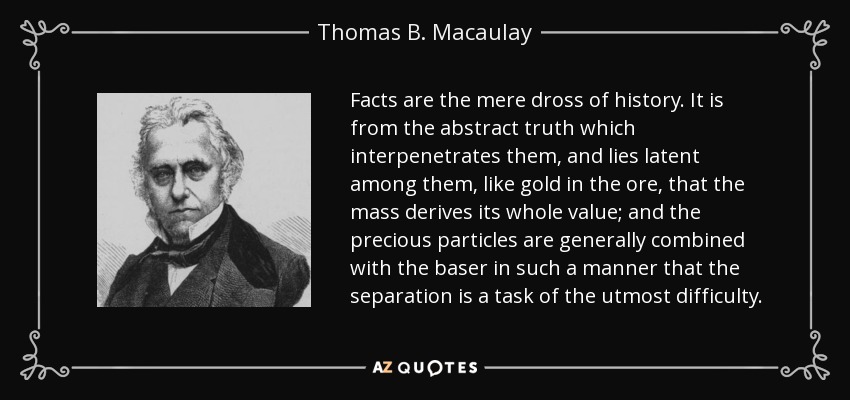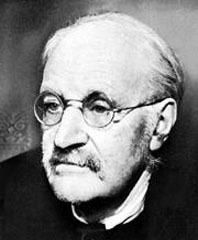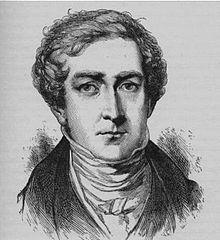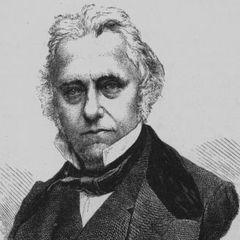Thomas B. Macaulay Quotes - Page 7
Quotes about:-
-
 Facts are the mere dross of history. It is from the abstract truth which interpenetrates them, and lies latent among them, like gold in the ore, that the mass derives its whole value; and the precious particles are generally combined with the baser in such a manner that the separation is a task of the utmost difficulty.
Facts are the mere dross of history. It is from the abstract truth which interpenetrates them, and lies latent among them, like gold in the ore, that the mass derives its whole value; and the precious particles are generally combined with the baser in such a manner that the separation is a task of the utmost difficulty.
-
Thomas B. Macaulay
- Born: October 25, 1800
- Died: December 28, 1859
- Occupation: Former Secretary at War
- Cite this Page: Citation




























